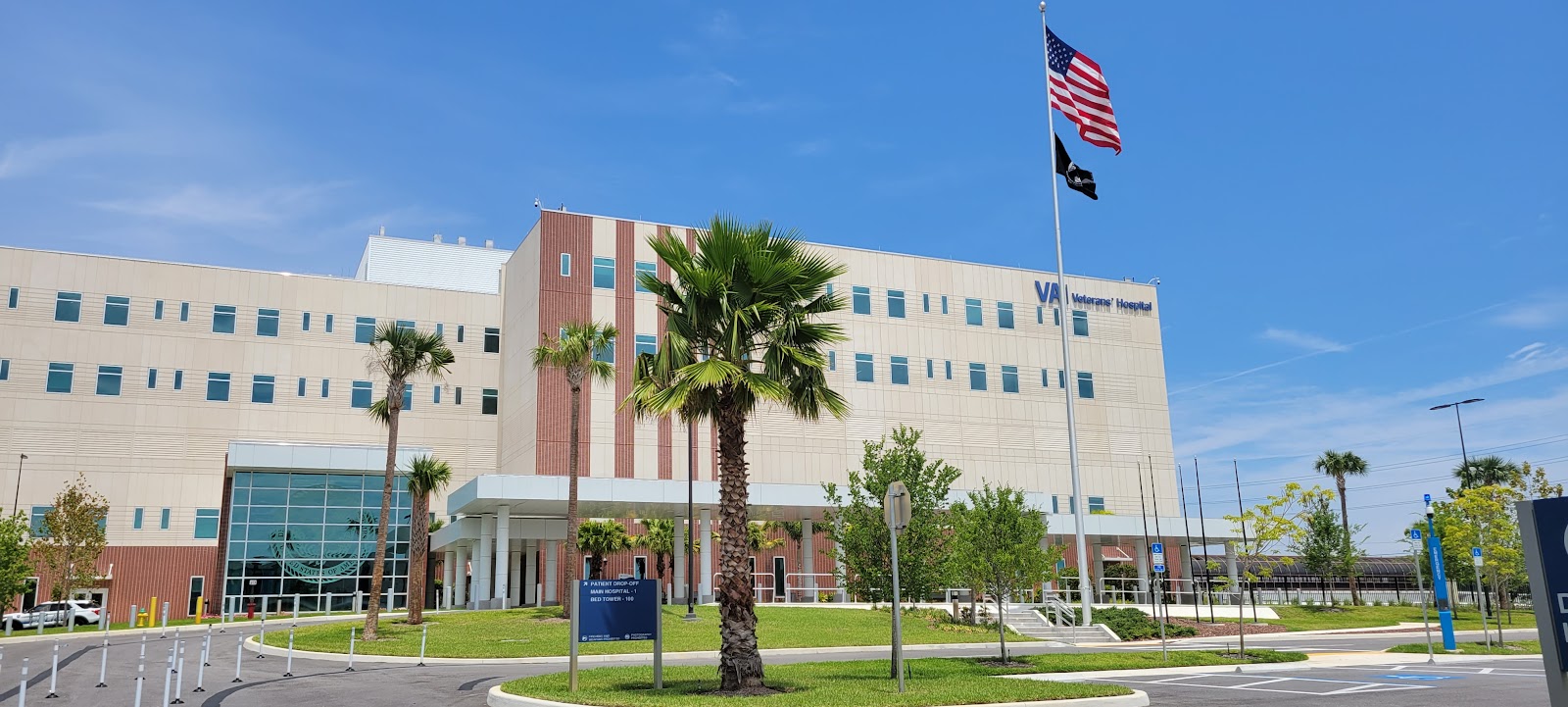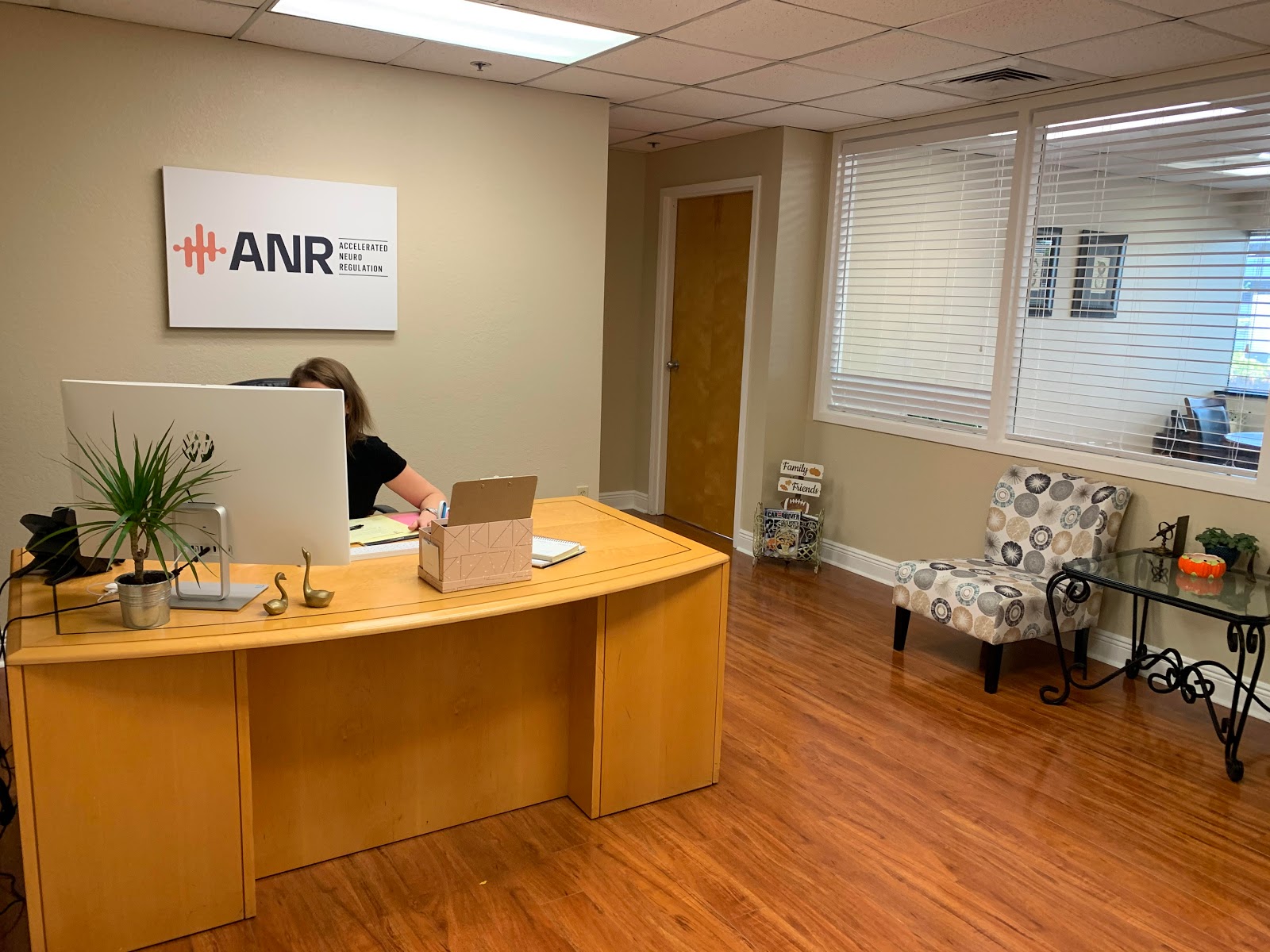Hotline for National Substance Abuse Support
24/7 Support Available, Confidential and Free of Charge
Best Alcohol & Drug Rehab Treatment Centers in Tampa, Florida
Tampa, Florida is a vibrant city with beautiful beaches, bustling nightlife, and a thriving culture. But unfortunately, like many cities, it is also faced with the harsh reality of drug addiction. In fact, according to the Hillsborough County Medical Examiner's Office, drug-related deaths in the county have doubled in the past five years. This alarming statistic highlights the urgency to address this issue in our community.
On this website, you will find local facts and statistics about drug addiction in Tampa. We understand that every person's journey to addiction is unique, and so we provide information on various substances, their effects, and how they are commonly abused in our area. We also shed light on the alarming rise of opioid addiction in Tampa and offer resources for those seeking help.
One of the most important aspects of overcoming addiction is finding the right treatment options. That's why our website includes a comprehensive list of local treatment centers, support groups, and therapy options in Tampa. These resources are tailored to the specific needs of our community and provide a personalized approach to recovery.
We also believe in the power of community support and connection. That's why our website features personal stories of individuals who have successfully overcome addiction in Tampa. These stories serve as a source of inspiration and hope for those still struggling, proving that recovery is possible.
At our local drug addiction website, we recognize the importance of not only addressing the issue of addiction but also providing information and resources to prevent it from happening. That's why we also offer educational material on the warning signs of addiction, as well as tips for parents and loved ones to support their loved one's journey to recovery.
We hope this website serves as a valuable resource for the Tampa community in the fight against drug addiction. Together, we can create a healthier, happier community, free from the grip of addiction. Thank you for visiting and remember, there is always help and hope available. Recovery is possible, and it starts here in Tampa. Ready to explore more treatment centers and take the next step towards recovery? Click here to discover range of options and find the support you need on your journey to wellness. Your path to healing starts now.
Featured Treatment Centers



Upcoming Meetings in Next 90 Minutes
Discover AA meetings to support your journey to recovery. Our extensive directory covers open, closed, speaker, and specialized meetings—all crafted to aid in your sobriety journey and sustained recovery.

